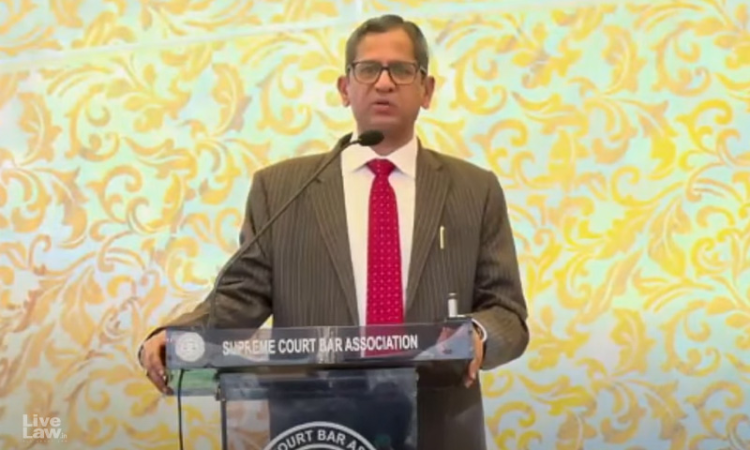The Chief Justice of India NV Ramana on Thursday refuted "false narratives" about the supposed easy-life of judges. "We continue to work even during the Court holidays, do research and author pending judgments. Therefore, when false narratives are created about the supposed easy life led by Judges, it is difficult to swallow." CJI NV Ramana said. The Chief Justice of...

